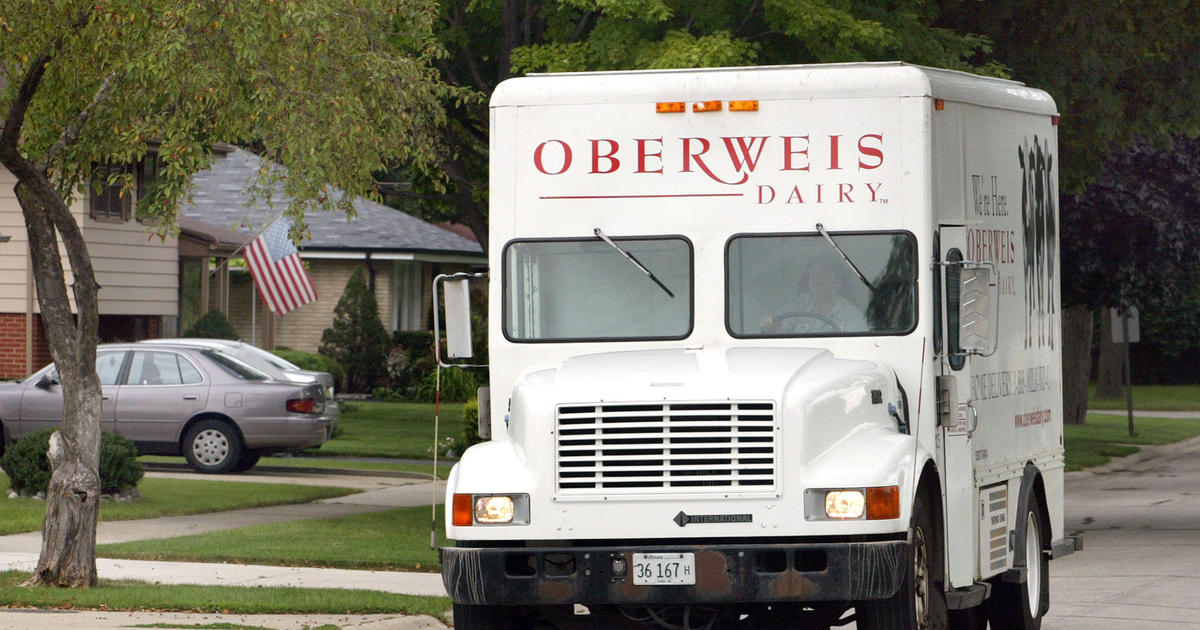Injured Boy's Parents Sue Baseball Bat Maker
CHICAGO (STMW) -- A couple has sued the maker of the metal bat, after their son suffered a brain injury from being struck by a baseball hit off one of the bats.
The suit, filed in U.S. District Court in Chicago on Tuesday by Robert and Cheryl Schutter of Mokena, says their son, 11-year-old Jake Schutter, was pitching in a game for the Mokena Blaze on May 5 in Hecht Park in Mokena.
It was the bottom of the fifth with two outs when a batter stepped up to the plate with an Easton BT265 bat, the suit says.
That model, according to the suit, is a composite bat "constructed with the same aluminum exterior of a standard aluminum baseball bat and a graphite wall on the inside, which provides an advantageous swing weight and an improved 'trampoline effect' of the baseball off of the bat over a standard aluminum bat."
Easton-Bell Sports Inc. designed, manufactured and tested bats to maximize "exit velocity" -- or speed at which a baseball comes off the bat, the suit says. In one advertisement, Easton marketed the bat by featuring professional athletes hitting baseballs through cement walls with their bats.
With two strikes on the batter, Jake threw a third pitch and the batter hit a line drive directly at the pitcher's mound. The ball struck Jake in the left side of the head.
The suit claims the boy did not have the time or ability to react before being hit. After the ball struck him, Jake was knocked to the ground and began vomiting repeatedly. As a result of the impact, he suffered a brain injury and is now deaf in his left ear.
The family's attorney, Antonio Romanucci of Chicago, said in a release, "The Easton-Bell metal bat essentially caused this injury. Easton-Bell markets a product for use by children whose exit speed of the ball off the metal bat does not match the required perceived reaction time of the pitcher who stands 42-46 feet away.
"A pitcher or other player simply cannot defend himself against such a powerfully-hit line drive," the attorney said.
The suit claims that because of the design and construction of the bat, the exit speed of the baseball was so great that Jake was unable to react to protect himself. The suit claims Easton failed to observe known safety hazards and the danger of serious bodily injury to pitchers.
The suit seeks damages of at least $75,000. A spokesperson for Easton was not immediately available for comment Tuesday morning.
Easton created the first aluminum baseball bat in 1969, according to the company's website.
(Source: Sun-Times Media Wire © Chicago Sun-Times 2010. All Rights Reserved. This material may not be published, broadcast, rewritten, or redistributed.)



